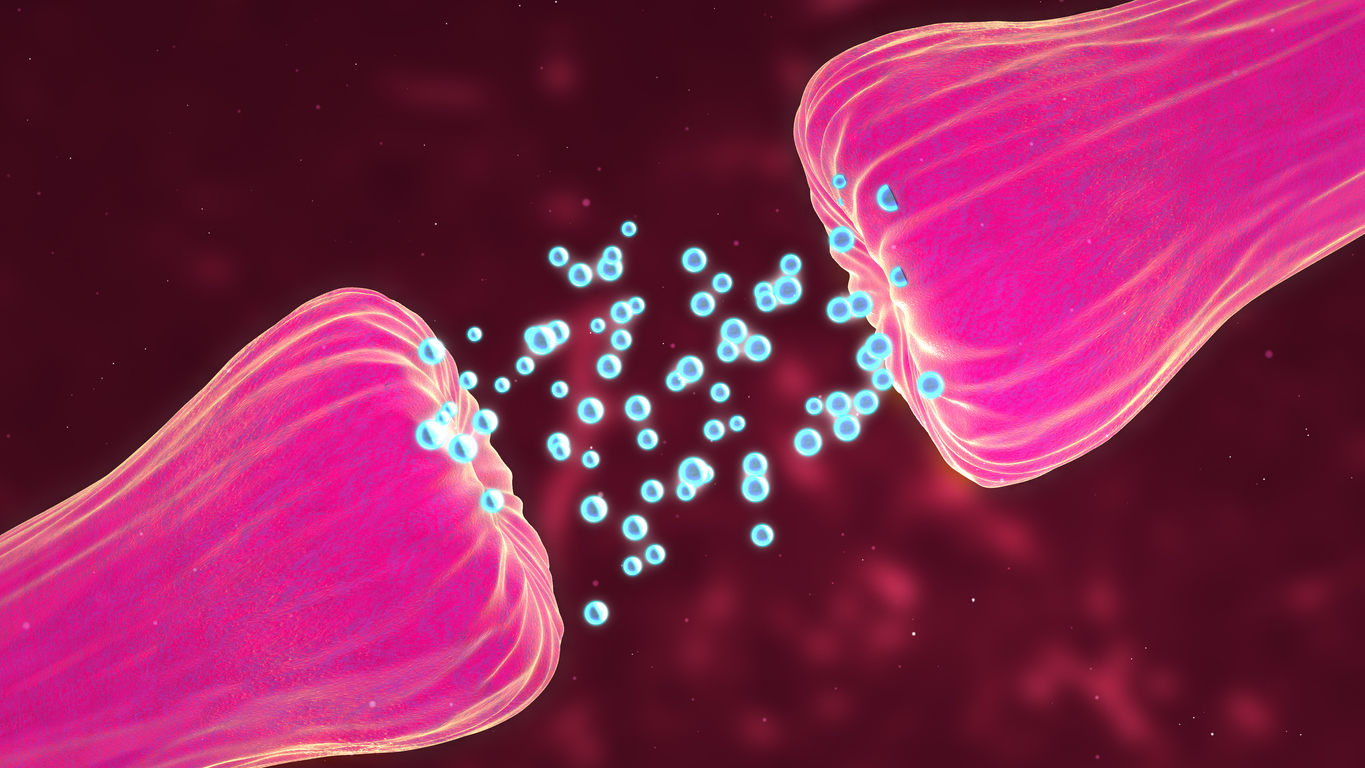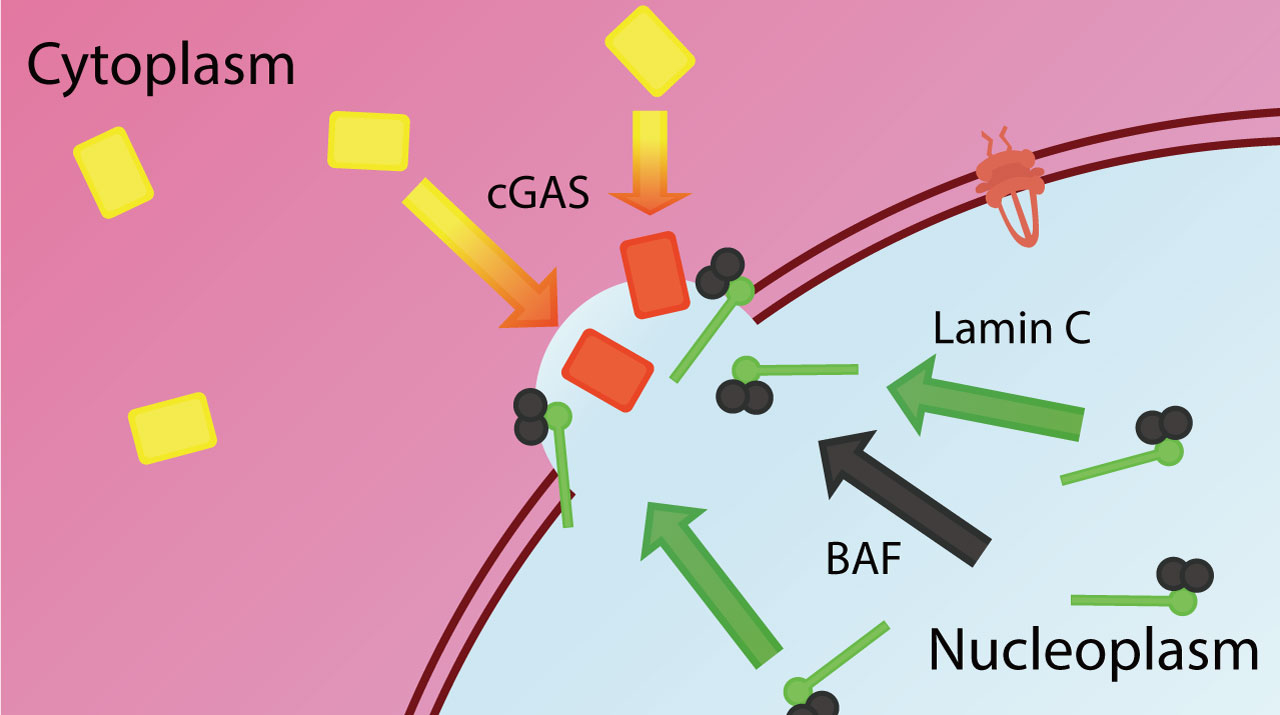Moderate stress is regarded to be good in some instances. Scientists have revealed that the same is true for cells, offering a novel way for preventing protein tangle formation, which has been related to dementia and other neurological disorders.
The accumulation of misfolded proteins is a hallmark of neurodegenerative illnesses including Alzheimer’s and Parkinson’s. These proteins have the potential to cause irreparable harm to the brain’s nerve cells by forming “aggregates,” such as amyloid and tau in Alzheimer’s disease.
Cells execute quality control throughout a healthy person’s life to ensure that proteins are properly folded and that misfolded proteins are removed. On the other hand, neurodegenerative illnesses cause this system to misfire, with potentially disastrous effects.
More people are being diagnosed with dementia as the world’s population ages, emphasising the need for effective treatments. Pprogress has been gradual, and no medications exist that can prevent or eliminate aggregate formation at this time.
According to a study published today in Nature Communications, a group of scientists lead by professors from the UK Dementia Research Institute at the University of Cambridge uncovered a new mechanism that appears to reverse the production of aggregates rather than totally removing them.
Stressed Cells and their impact on Dementia.
According to Dr. Edward Avezov of the University of Cambridge’s UK Dementia Research Institute, when cells are required to create a large number of proteins, they become “stressed,” just as we do when faced with a tough task.
Antibody synthesis in response to infection is one of the many probable explanations for these stressed cells getting created. The researchers focused on the endoplasmic reticulum, which creates around one-third of our proteins, in the hopes of causing misfolding.
In mammalian cells, the endoplasmic reticulum (ER) is a membrane structure that performs a range of activities. The creation of proteins essential for the cell’s surface or exterior, as well as the folding, modification, and transport of proteins required for those roles, are among its many critical tasks. Stressing the endoplasmic reticulum (ER) was expected to cause protein misfolding and aggregation by affecting the ER’s ability to function properly and, as a result, increasing the amount of aggregation, according to Dr. Avezov and his colleagues.
However, were taken aback when they discovered the opposite was true.
Stressing it efficiently cleared the aggregates — not by decomposing or clearing them away, as previously thought, but by unravelling the aggregates and maybe allowing them to refold appropriately.
Finding a means to activate this system without overtaxing the cells and causing more harm than benefit could open the door for a dementia cure.
A protein from the heat shock protein (HSP) family appears to be a major component of this mechanism. When cells are exposed to temperatures higher than their typical growth temperature, as well as in response to stress, HSPs are created in increased amounts.
This, according to Dr. Avezov, could explain one of the most puzzling findings in dementia research to far. Sauna users in Scandinavian countries may have a lower risk of Alzheimer’s disease, according to recent research. Mild stress, according to one idea, boosts the activity of the HSP enzyme, which helps with protein repair.
One of the elements that led to the field’s earlier limits was the inability to visualise these processes in living cells. The team devised a method for detecting protein misfolding in living cells that can be used to diagnose diseases in partnership with specialists from Pennsylvania State University and the University of Algarve. The light patterns of a lighting molecule can be measured in nanoseconds, or one billionth of a second.
Professor Eduardo Melo of the University of Algarve in Portugal, one of the study’s lead authors, said that it is fascinating to see how measuring the fluorescence lifetime of our probe on the nanosecond scale under a laser-powered microscope makes the otherwise invisible aggregates inside the cell visible.
Story Source: Original story written by University of Cambridge. Note: Content may be edited for style and length by Scible News.
Reference
Eduardo Pinho Melo, Tasuku Konno, Ilaria Farace, Mosab Ali Awadelkareem, Lise R. Skov, Fernando Teodoro, Teresa P. Sancho, Adrienne W. Paton, James C. Paton, Matthew Fares, Pedro M. R. Paulo, Xin Zhang, Edward Avezov. Stress-induced protein disaggregation in the endoplasmic reticulum catalysed by BiP. Nature Communications, 2022; 13 (1) DOI: 10.1038/s41467-022-30238-2







